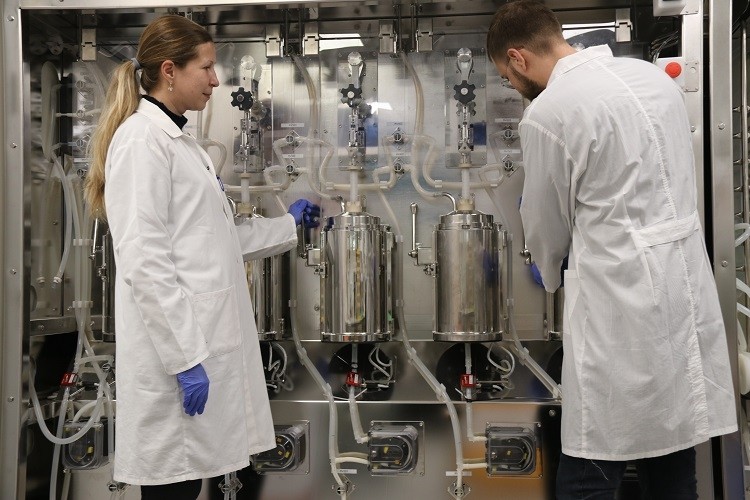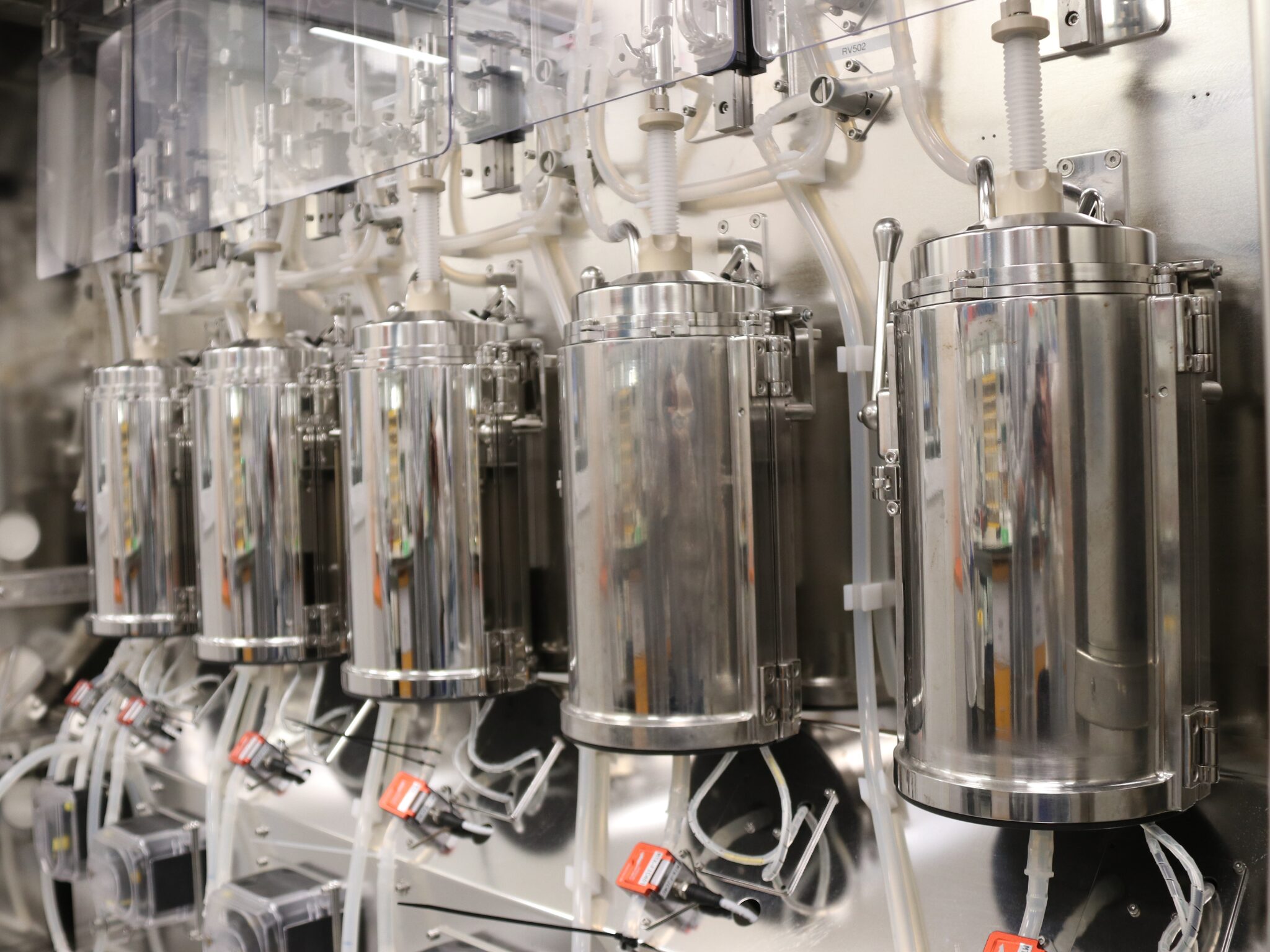Ever After Foods Raises $10M for Scale-Up Platform That Make Cultivated Meat 90% Cheaper
4 Mins Read
Israeli biotech firm Ever After Foods has secured $10M to accelerate the growth of its bioreactor platform that allows cultivated meat producers to scale up manufacturing while driving down costs.
Ever After Foods has received $10M from strategic investors in the EU and the US to support its scalability platform for cultivated meat, which offers a cost-effective and highly efficient manufacturing solution for producers.
The funding round includes a second investment from Israeli cellular agriculture company Pluri and the Tnuva Group (the country’s largest food company), which formed Ever After Foods as a joint venture in 2022.
“The current investment round in Ever After Foods is led by new global partners, and includes Tnuva’s renewed commitment as well. We believe this validates Pluri’s strategy and underscores the quality of our technology and solutions,” said Pluri CEO and president Yaky Yanay.
Making more efficient cultivated meat at low costs

Formerly called Plurinuva, Ever After Foods has exclusive licencing rights to use Pluri’s technology and intellectual property to develop, manufacture and commercialise cultivated meat. It is starting with beef and poultry cells, but the latest investment has extended the licence to include seafood as well.
The startup launched its bioreactor platform last year, with the ability to produce 10kg of cultivated meat mass with just a 10-litre tank at the time. Since then, however, it says it has “swiftly advanced” its technology and manufacturing platform, demonstrating the natural production of muscle and fat tissues for various animal cells, hitting the taste and texture touchpoints so crucial to consumers.
This tech enables Ever After Foods to offer a 90% reduction in costs for its B2B clients, compared to “the second-best technology in the field”. Moreover, the bioreactors yield up to six times more protein and 700 times more lipids from each cell, offering better flavour and nutritional value.
The cell cultivation process is also much, much lighter on the planet than industrially raised livestock, boasting 93% less air pollution, 95% less land, and 94% less water.
“Ever After Foods’ unique and innovative production platform empowered the change to our business model. The shift to a technology enabler will allow us to serve more players in the value chain,” said Ever After Foods CEO Eyal Rosenthal.
“Securing funding from new global partners is a testament to our team’s tireless dedication to solving the primary production barriers for the next step toward a more sustainable meat industry. In addition to the funding, working with new partners in the space will deepen our industry network and speed up our expansion into international markets as we drive the next era of scalable cultivated meat production.”
Tackling the cost and scale hurdles

Scalability and costs are two of the most pressing challenges holding back the progress of the cultivated meat industry. One investor told Reuters that these products need to reach manufacturing costs of $2.92 per pound to be price-competitive with conventional meat. But while companies have managed to bring down these costs by 99% in less than a decade, analysis by McKinsey suggests it will still take until 2030 for these proteins to become as cheap as conventional meat.
This is a problem both locally and internationally. “Scaling up manufacturing for Israeli startups is challenging due to infrastructure costs, mirroring challenges encountered by startups worldwide,” Alla Voldman, VP of strategy and policy at industry think tank the Good Food Institute Israel, told Green Queen last month.
“Consequently, most new Israeli startups tend to focus more on business-to-business (B2B) solutions, aiming to fill these industry gaps and overcome scalability obstacles,” she added.
McKinsey further notes that cultivated meat companies would need over 17 times the fermentation capacity that currently exists in the global pharmaceutical industry to meet the growth demands of the industry. Responding to this need, in Israel, contract development and manufacturing organisations that have traditionally served pharmaceutical companies have now begun to expand to the cultivated meat sector.
To address the cost challenge, government agency the Israel Innovation Authority established a research consortium in 2022, comprising 14 companies and 10 academic labs equipped with an $18M investment to develop cost-effective methods to produce cultivated meat.
Israel is one of only three countries to approve the sale of cultivated meat, greenlighting local startup Aleph Farms‘ application in January. The country has made food tech one of its top five priority R&D areas, and attracted 10% of all VC funding ($1.2B) in the alternative protein sector in the last decade.
By 2030, the industry is expected to produce 10,000 additional jobs (a third of which would be manufacturing roles), have more than 200 companies and over a dozen manufacturing facilities, and contribute $2.5B to Israel’s economy through exports, local wages, corporate taxes, and more.



